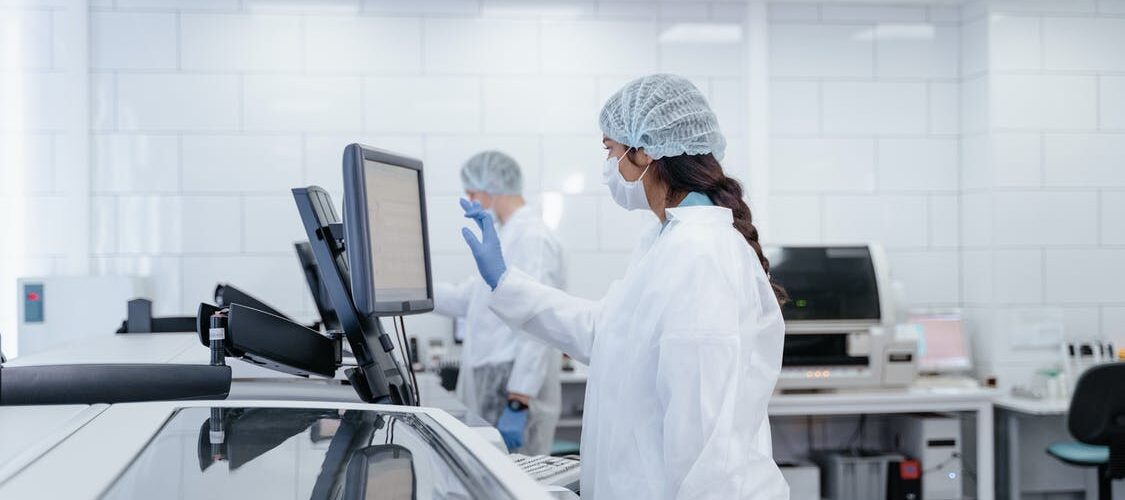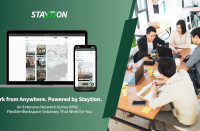In recent years, the emergence of coworking lab space facilities designed for different natural sciences and engineering practices has empowered smaller biotech research and development startups to perform the kind of cutting edge research that was once the domain of much larger organisations.
Co-working labs and similar niche services are largely concentrated in locations that are already well-established as innovation hubs. In cosmopolitan, innovation-driven cities such as Singapore, these shared laboratories are fast becoming the preferred places for biotech and pharmaceutical innovators to set up their operations. Below are just a few of the reasons why shared laboratory facilities are now becoming exceedingly popular.
Reduced Research Costs
Building laboratory spaces for serious R&D can be extremely expensive, moreso than regular office space, which is often already pricey, to begin with. In very rough terms, it’s not unusual for the costs of a typical lab to reach thousands of dollars per square meter.
This is all down to the highly specialised ventilation, plumbing, electrical systems, and other types of infrastructure needed for the proper containment and treatment of hazardous and nonhazardous wastes. The higher the Biosafety Level (BSL) required, the higher these costs become.
Before the emergence of co-working laboratories, these high development and overhead requirements effectively locked smaller biotech and chemical research businesses out of some types of research. Now, thanks to these new labs, the costs of doing cutting-edge research have been dramatically reduced. With specialisedspaces and all required precision instruments available to rent, there is much less of a need for smaller research outfits to commit to expensive assets.
A Collaborative Atmosphere
Anyone who’s ever worked in a co-working space will tell you that these places breed inspiration. The same holds true for co-working lab space facilities. Researchers are in constant contact with other experts who may be working on other projects, inspiring new approaches and ideas.
For this reason, co-working labs and other multidisciplinary co-working spaces have emerged as hotspots for intersectional and collaborative innovation. This is especially true in labs located in tech hubs such as Singapore, as the proximity of diverse innovators to each other and the constant influx of new blood has a high tendency to produce new and exciting breakthroughs.
Renters Can Closely Match Expenses to Business Requirements
One feature of co-working labs that has attracted even larger businesses is the way that they could more closely match expenses to business needs. For example, a business that only occasionally needs a certain piece of equipment can rent it as needed. Whatever a startup needs to do research, chances are there will be a co-working lab ready to provide it.
Co-working labs tend to have a variety of purpose-built spaces available for rent, including cold rooms for storing lab samples to office spaces for doing other necessary work. Some may also provide access to third-party Contract Research Organisations(CROs) and free agents who may be able to supplement a business’s labour requirements just for specific projects.
Additionally, renters can usually choose to rent facilities and equipment for long-term or one-time use. There is usually no need to commit to the long-term use of the facilities, as may be the case with some traditional rental arrangements. If a researcher simply wants to use the co-working space as an occasional alternative to their regular office or lab, then it’s possible to do so without any issues.
Businesses Can Start Research Immediately
It takes a significant amount of time to set up a proper laboratory and all the needed equipment, so much so that the time it takes to set up a lab from scratch may seriously impact the ability of a startup to deliver a product within a specified timeframe.
Co-working laboratories can help biotech and pharma startups avoid this pitfall by giving them a way to start research almost immediately. A co-working space could be the primary research facility or a place to conduct initial research pending the completion of a more suitable facility elsewhere. This gives startups that are under time pressure a way to minimise delays and bring a viable product to market sooner.
You Can Choose the Best Places to Do Research
Co-working laboratories are usually only found in places where there is an already high concentration of biotech, pharma, and chemical research experts. This means that in most cases, startups have their pick of innovation hubs.
For instance, if a startup is interested in biopharma research for Asia-Pacific markets, Singapore may be a better choice compared to other major research hubs like Silicon Valley, or London. In any case, the benefit of co-working labs is startup founders get to choose the place that best suits their business model and research.
Should You Try a Co-Working Lab Space?
There are some good reasons why innovators in biotech and pharma should consider doing some of their research in co-working lab facilities. Not only do they offer countless networking opportunities, but they also make it possible to do cutting-edge research on a relatively small budget. Whether you are trying to bring down the overhead costs or are looking into more collaborative processes, today’s co-working lab spaces have much to offer.




